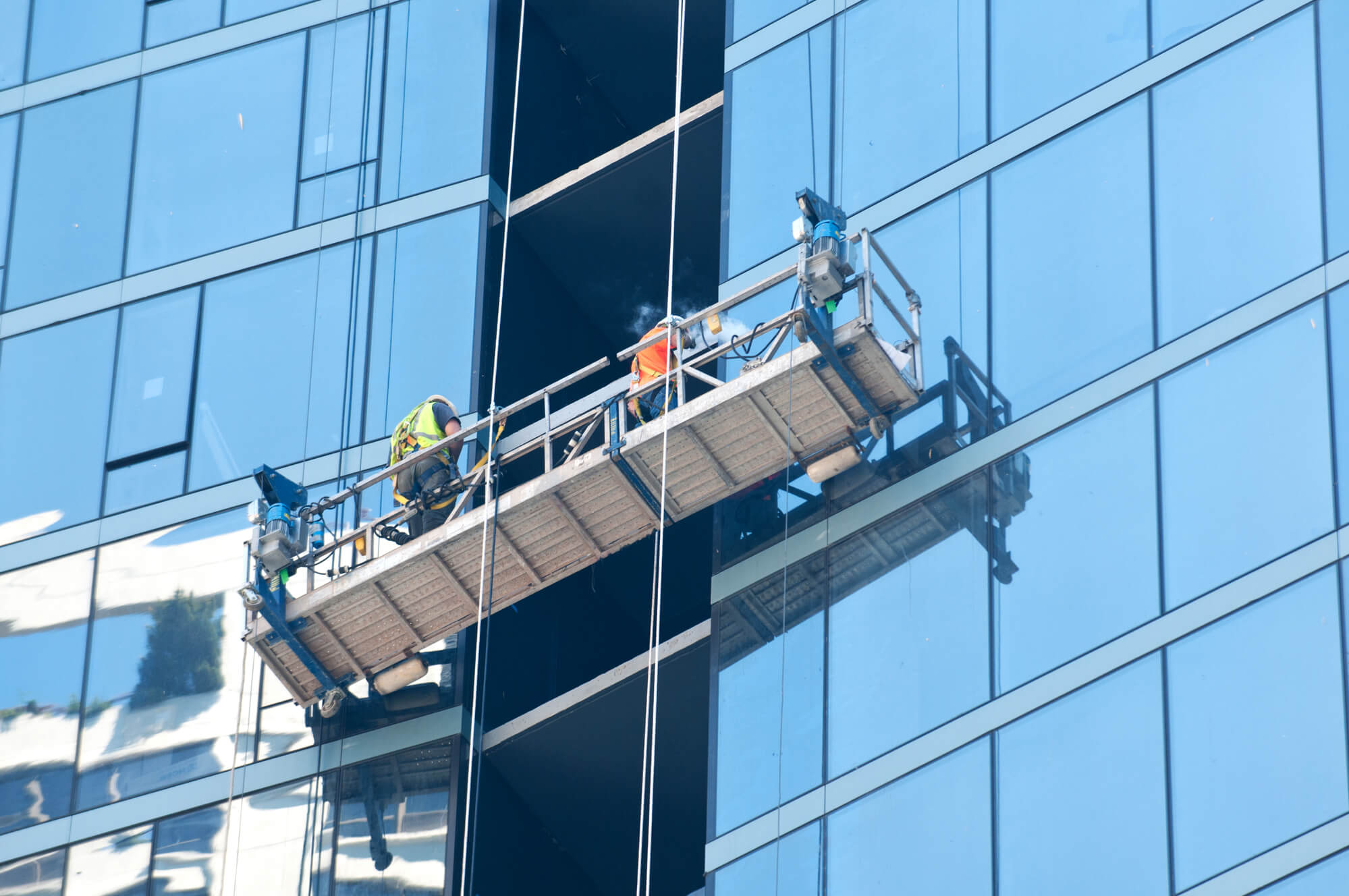Suspended scaffold images play a crucial role in various industries, especially in construction, maintenance, and engineering. These images provide visual insights into the scaffolding systems used in different projects, ensuring safety and efficiency. In this comprehensive guide, we will explore the concept of suspended scaffolds, their significance, and how they are represented through images. By the end of this article, you will have a thorough understanding of suspended scaffold images and their applications in real-world scenarios.
The use of suspended scaffolds has become increasingly popular due to their flexibility and ability to reach heights that traditional scaffolds cannot. With the growing demand for safer and more efficient working environments, understanding the nuances of suspended scaffolds is essential. This guide will delve into the various types of suspended scaffolds, safety considerations, and the importance of visual documentation through images.
As we navigate through the intricacies of suspended scaffold images, we will ensure that the information provided adheres to the principles of Expertise, Authoritativeness, and Trustworthiness (E-E-A-T). Furthermore, the content will be structured to meet the Your Money or Your Life (YMYL) criteria, ensuring that readers receive accurate and reliable information that can impact their safety and financial decisions in their respective fields.
Table of Contents
- What Are Suspended Scaffolds?
- Types of Suspended Scaffolds
- Importance of Suspended Scaffold Images
- Safety Considerations for Suspended Scaffolds
- Creating Suspended Scaffold Images
- Technology in Suspended Scaffold Images
- Case Studies of Suspended Scaffolds
- Conclusion
What Are Suspended Scaffolds?
Suspended scaffolds are temporary structures that support workers and materials at elevated heights. They are typically suspended from the building or structure above, allowing for access to areas that are difficult to reach. This type of scaffold is commonly used in construction, maintenance, and repair work, particularly in high-rise buildings, bridges, and other tall structures.
Key Features of Suspended Scaffolds
- Flexibility: Can be adjusted to different heights and configurations.
- Stability: Designed to support heavy loads safely.
- Accessibility: Provides access to hard-to-reach areas.
Types of Suspended Scaffolds
There are several types of suspended scaffolds, each designed for specific applications and environments. Understanding the different types can help in selecting the right scaffold for a project.
1. Single Point Suspended Scaffold
This type of scaffold is suspended from a single point, typically using a hoist. It is commonly used for maintenance tasks, such as window cleaning.
2. Two-Point Suspended Scaffold
Two-point scaffolds are the most common type used in construction. They consist of two suspension points and are often equipped with a platform for workers.
3. Multi-Point Suspended Scaffold
This scaffold type is supported by multiple points and is ideal for larger projects that require extensive work areas.
4. Catenary Scaffold
Catenary scaffolds are suspended from cables or ropes and are used in applications where stability is a concern, such as over water or in windy environments.
Importance of Suspended Scaffold Images
Suspended scaffold images are vital for several reasons, including safety, training, and documentation.
1. Safety Documentation
Images of suspended scaffolds help document their setup and safety features, ensuring compliance with safety regulations.
2. Training Purposes
Visual aids are essential for training new workers on the proper use and assembly of suspended scaffolds.
3. Project Planning
Images can assist in project planning by providing a visual reference for scaffold placement and design.
Safety Considerations for Suspended Scaffolds
Safety is paramount when working with suspended scaffolds. Here are some key considerations to keep in mind:
1. Regular Inspections
Frequent inspections of scaffolds should be conducted to ensure they are in proper working condition.
2. Load Limitations
Always adhere to the specified load limits to prevent structural failure.
3. Safety Gear
Workers should always wear appropriate safety gear, including harnesses and helmets.
Creating Suspended Scaffold Images
When creating images of suspended scaffolds, several factors should be considered:
1. Use of High-Quality Equipment
Investing in high-quality cameras or drones can enhance the quality of the images captured.
2. Proper Angles and Lighting
Capturing images from multiple angles and ensuring proper lighting can provide a comprehensive view of the scaffold.
Technology in Suspended Scaffold Images
Advancements in technology have significantly improved the way suspended scaffold images are captured and utilized.
1. Drones
Drones can provide aerial views of suspended scaffolds, making it easier to assess their setup and safety.
2. 3D Modeling
3D modeling software can create detailed representations of scaffolds, aiding in planning and execution.
Case Studies of Suspended Scaffolds
Examining real-world examples of suspended scaffolds can provide valuable insights into their effectiveness and safety.
1. High-Rise Building Renovation
A case study of a high-rise building renovation can showcase how suspended scaffolds were utilized for exterior work.
2. Bridge Maintenance
Another case study may focus on the use of suspended scaffolds for bridge maintenance, highlighting safety measures and efficiency.
Conclusion
In conclusion, suspended scaffold images are an essential component of construction and maintenance projects. They provide valuable insights into scaffold safety, training, and project planning. By understanding the types of suspended scaffolds, their importance, and the safety considerations involved, professionals can make informed decisions that enhance safety and efficiency in their work environments.
We encourage you to leave your thoughts in the comments below, share this article with colleagues, and explore more resources on suspended scaffolds and construction safety.
Thank you for reading, and we look forward to providing you with more informative content in the future!


